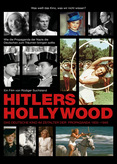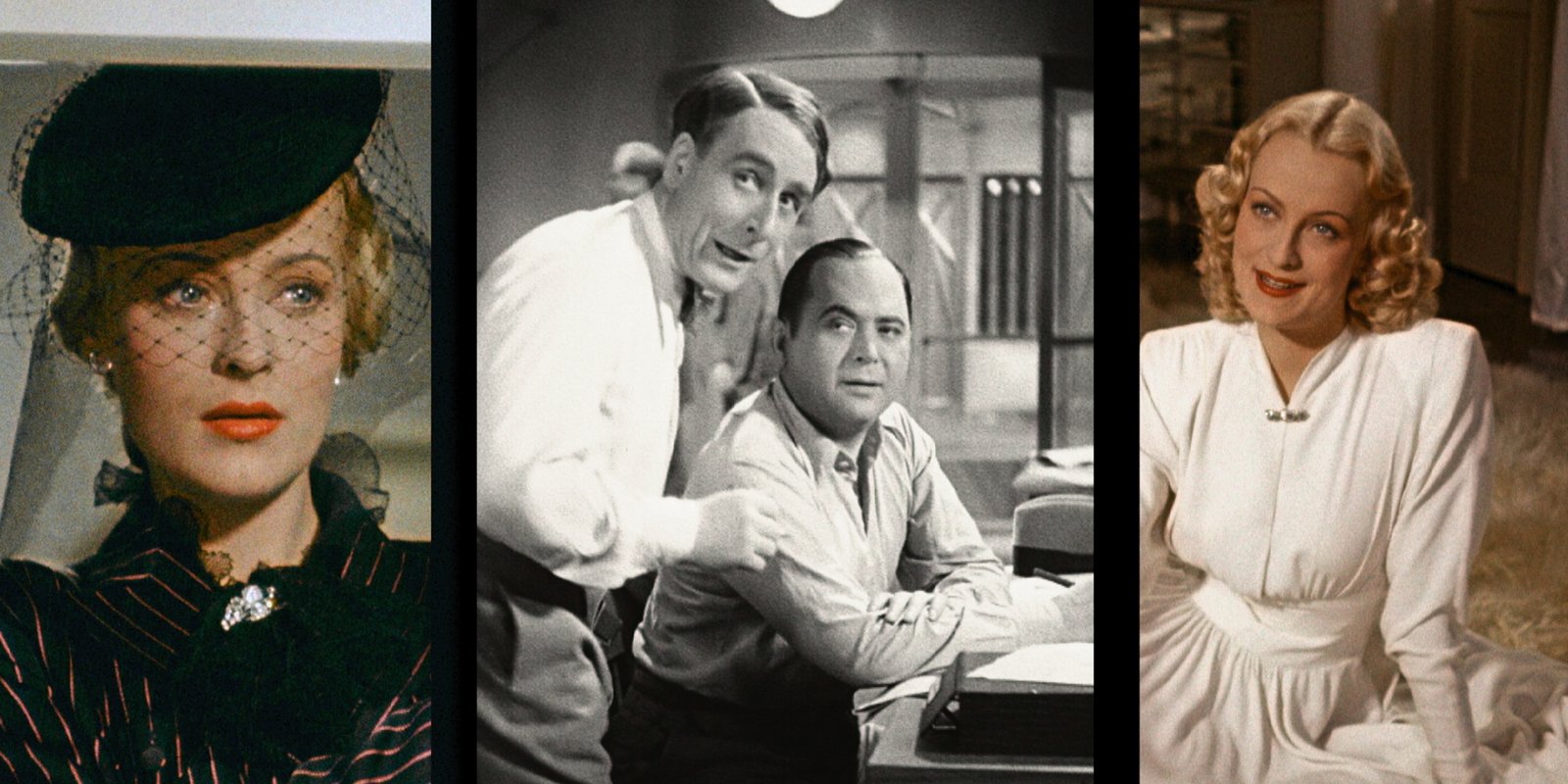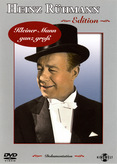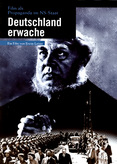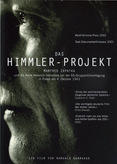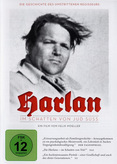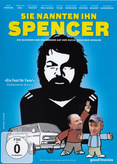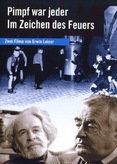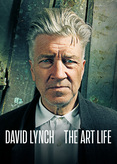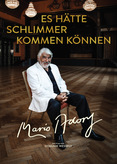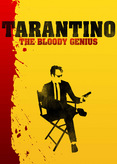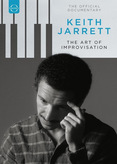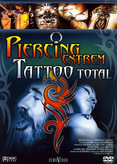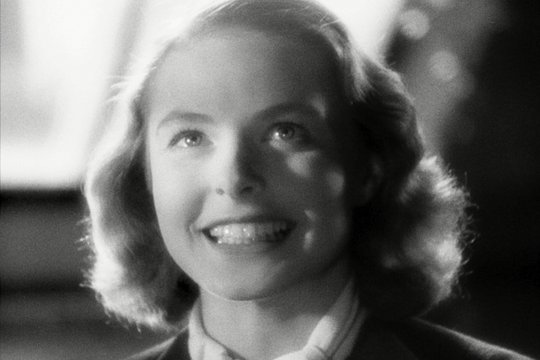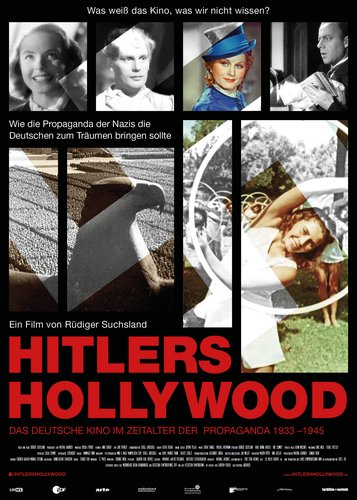Was weiß das Kino, was wir nicht wissen? Über 1.000 Spielfilme wurden in den Jahren 1933 bis 1945 in Deutschland hergestellt. Bei den wenigsten handelt es sich um offene Propaganda. Aber noch weniger, der im Nationalsozialismus produzierten Filme sind harmlose Unterhaltung. Das nationalsozialistische Kino war staatlich gelenkt. Zugleich wollte es "großes Kino" sein. Eine deutsche Traumfabrik. 'Hitlers Hollywood' erzählt erstmals von der dunkelsten und dramatischsten Periode deutscher Filmgeschichte, und erinnert zum hundertsten Geburtstag der 'UFA' an diese Filme und ihre Stars: Hans Albers, Heinz Rühmann, Zarah Leander, Ilse Werner, Marianne Hoppe, Gustaf Gründgens und viele mehr. Die NS-Filme waren nicht nur technisch perfekt gemacht, sie waren emotional; sie weckten Sehnsüchte, ließen träumen, boten Zuflucht. Das Kino war industriell vorgefertigt und manipulativ. Vielleicht waren die Gefühle, die diese Filme weckten, oft ein Selbstbetrug, falsche Gefühle. Aber es waren eben Gefühle. Nur so ist die Wirkungskraft des NS-Kinos zu erklären. Millionen gingen seinerzeit ins Kino. Welche Träume träumten die Deutschen in ihrer ureigenen germanischen Traumfabrik? Wovon sollten sie träumen, wenn es nach den Machthabern ging? Wie funktioniert Propaganda? Was weiß das Kino, was wir nicht wissen?
"Wie sollten, und wie können wir damit umgehen, dass es Kinofilme gibt, die moralisch-politisch abstoßend und unentschuldbar sind, deren künstlerischer Wert und technisches Können sich zugleich aber nicht von der Hand weisen lassen?" fragt sich Regisseur und Kritiker Rüdiger Suchsland ('Von Caligari Zu Hitler') und legt damit den Nährboden für seinen neuen Kinodokumentarfilm 'Hitlers Hollywood'. Dass das NS-Kino ein von rigider politischer und kultureller Zensur unterworfenes Kino war, ist bekannt, doch was verrät uns das nationalsozialistische Kino über das Dritte Reich und seine Menschen? Mit seiner neuen Regiearbeit widmet sich Suchsland dem Deutschen Kino im Zeitalter der Propaganda 1933-1945, hinterfragt, wie diese Filme, ihre Mythen und Erzählungen wirken, ihre offenen Lügen und ihre versteckten Wahrheiten - und erzählt dabei von Anpassern, Fanatikern, Karrieristen, Opportunisten, Rebellen, Widerständlern, Überläufern, von Feiglingen und Mutigen, von Tätern und Opfern. 'Hitlers Hollywood' ist eine Produktion von 'LOOKS Filmproduktionen GmbH' Berlin in Koproduktion mit 'Arte' und dem 'ZDF', gefördert durch das Medienboard Berlin-Brandenburg, den Deutschen Filmförderfonds und Hessenfilm- und Medien.
Weiterlesen »
What does cinema know that we don't? More than 1,000 feature films were produced in Germany between 1933 and 1945. Very few of them are open propaganda. But even less, of the films produced under National Socialism are harmless entertainment. National Socialist cinema was controlled by the state. At the same time, it wanted to be "great cinema". A German dream factory. 'Hitler's Hollywood' tells the story of the darkest and most dramatic period of German film history for the first time, and on the centenary of the 'UFA' commemorates these films and their stars: Hans Albers, Heinz Rühmann, Zarah Leander, Ilse Werner, Marianne Hoppe, Gustaf Gründgens and many more. The Nazi films were not only technically perfect, they were emotional; they awakened longings, made people dream, offered refuge. Cinema was industrially prefabricated and manipulative. Perhaps the feelings these films aroused were often self-deception, false feelings. But they were feelings. This is the only way to explain the impact of Nazi cinema. Millions went to the cinema at the time. What dreams did the Germans dream in their very own Germanic dream factory? What should they dream of if it were up to the rulers? How does propaganda work? What does cinema know that we don't?
"How should and how can we deal with the fact that there are cinema films that are morally and politically repulsive and inexcusable, but whose artistic value and technical skill cannot be dismissed out of hand?" asks director and critic Rüdiger Suchsland ('From Caligari To Hitler'), thus laying the breeding ground for his new feature documentary 'Hitler's Hollywood'. It is well known that Nazi cinema was a cinema subject to rigid political and cultural censorship, but what does National Socialist cinema tell us about the Third Reich and its people? With his new directorial work, Suchsland dedicates himself to German cinema in the age of propaganda 1933-1945, questions how these films, their myths and narratives work, their open lies and their hidden truths - and tells of conformists, fanatics, careerists, opportunists, rebels, resisters, defectors, cowards and courageous, perpetrators and victims. 'Hitler's Hollywood' is a production of 'LOOKS Filmproduktionen GmbH' Berlin in co-production with 'Arte' and 'ZDF', funded by Medienboard Berlin-Brandenburg, the German Film Fund and Hessenfilm- und Medien.
More »
